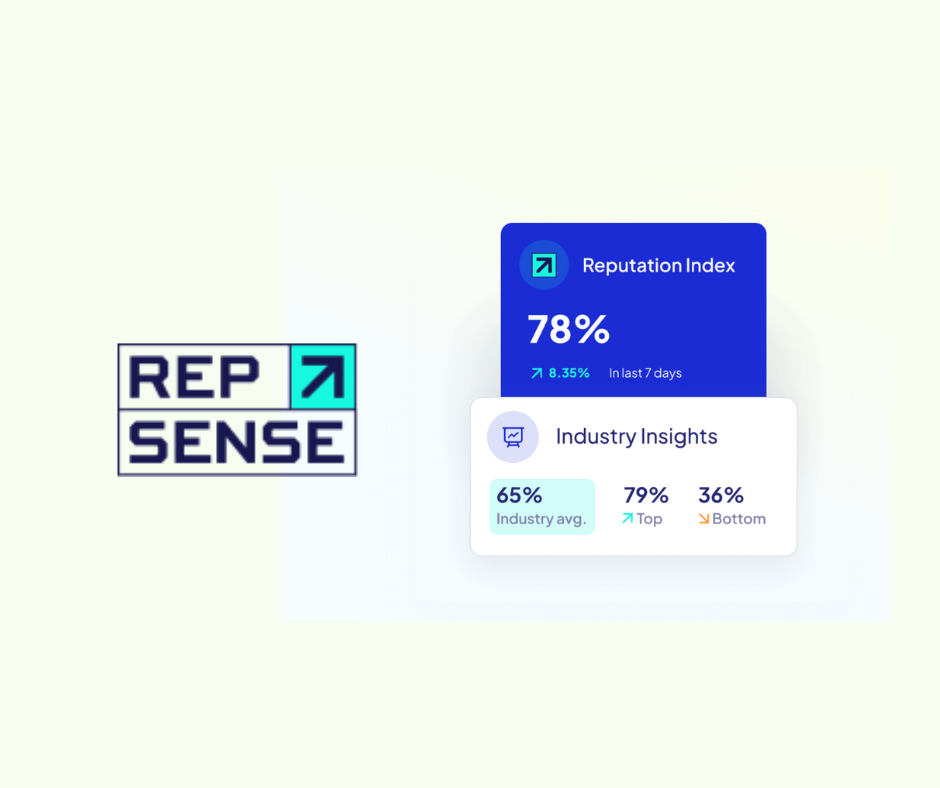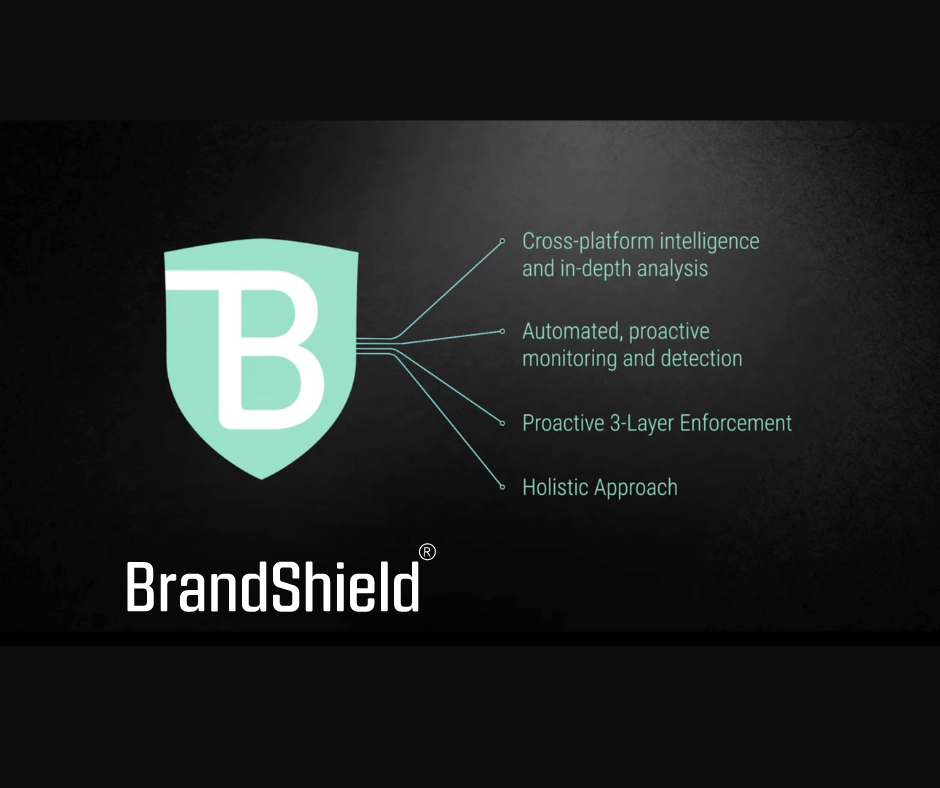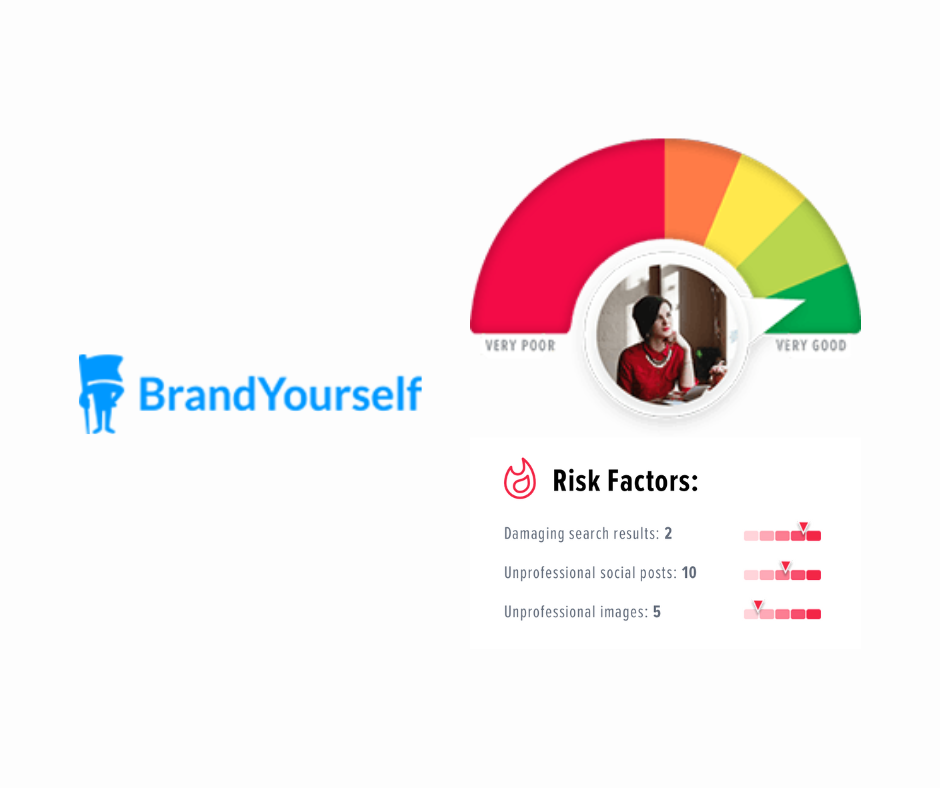
In today's digital age, online reputation management has become a critical aspect for individuals and businesses alike. With the rapid growth of the internet and social media platforms, maintaining a positive online reputation is essential for success. In this article, we will explore the significant role of search engine optimization (SEO) in online reputation management (ORM) and how it can help individuals and businesses shape and maintain a positive image in the digital landscape.
- Understanding Online Reputation Management
- The Power of SEO in Online Reputation Management
- Best Online Reputation Management Tools
Understanding Online Reputation Management
Defining Online Reputation Management
Online reputation management refers to the practice of monitoring, influencing, and maintaining the public perception of individuals or businesses on the internet. It involves actively managing online content, social media profiles and presence, reviews, and search engine results to shape a positive image and build trust. This is also often referred to as SEO reputation management, because no matter how well are SEO efforts executed or how well a website ranks in organic search, if the perception of its brand is negative, it will struggle to get clicks.
Importance of a Positive Online Reputation
A positive reputation online is vital for individuals and businesses as it directly influences the way they are perceived by others. A strong positive online brand awareness helps establish credibility, build trust, attract customers, and drive business growth. Conversely, a negative online reputation can harm relationships with its all the stakeholders, including suppliers and customers, deter potential customers, and lead to significant brand reputation damage, ultimately, to business's financial losses.
The Power of SEO in Online Reputation Management
Enhancing Online Visibility
To effectively manage business's online reputation, SEO tactics plays a crucial role in enhancing online visibility. By optimizing web content and ensuring it ranks higher in Google search results, individuals and businesses can control the information displayed to online users, shaping their perception and driving traffic to positive content.
Optimizing Web Content
Optimizing web content involves strategically incorporating relevant keywords, meta tags, and headings to make it more search engine-friendly. By aligning content with the topics users are searching for, it increases the likelihood of being discovered and positively impacting online reputation. We talked about different search intents and how to shape the content around them here.
Utilizing Relevant Keywords
Thorough keyword research helps identify the words and phrases commonly used by target audiences when searching online. By strategically integrating these keywords throughout website content, blogs, and social media posts, individuals and businesses can improve their chances of ranking higher in search results and attracting positive attention.
Implementing Structured Data Markup
Structured data markup, such as schema markup, helps search engines understand the context and meaning of web content. By implementing structured data markup, individuals and businesses can enhance their visibility in search results, potentially gaining rich snippets and increasing click-through rates.
Building Credibility and Trust
SEO techniques can significantly contribute to making a great first impression, building credibility and trust, the key components of ORM. Some of the effective SEO online reputation management campaign efforts are:
Securing High-Quality Backlinks
Obtaining high-quality backlinks from reputable websites and online publications, such as news and high-traffic blog sites, enhances credibility. Backlinks serve as "votes of confidence" from other sites, indicating that the content being linked to is valuable and trustworthy.
Leveraging Guest Blogging Opportunities
Guest blogging on authoritative platforms allows individuals and businesses to showcase their expertise, reach a wider audience, and establish themselves as thought leaders in their respective fields. This exposure contributes to a good reputation and builds trust among readers.
Encouraging Positive Online Reviews
Positive online reviews not only influence potential customers but also impact search engine rankings. A study by MOZ says, online reviews are one of the most important local SEO ranking factors, with review signals accounting for 13% of how Google ranks local search results. Encouraging satisfied customers to leave positive reviews on reputable review sites (platforms) can bolster positive online presence and attract new business opportunities. Equally important is managing negative reviews: taking an action to improve or just show that your business cares about customers opinion on your product or service. Respond to bad reviews to avoid potential reputation issues or reputation crisis.
Monitoring and Managing Online Reputation
Effective monitoring and management of online reputation are crucial for maintaining a positive image and promptly addressing any negative content or feedback.
Tracking Online Mentions and Reviews
Regularly monitoring online mentions and reviews allows individuals and businesses to stay informed about what is being said about them. Tools such as social media sites monitoring software and review tracking platforms help identify both positive and negative sentiments, enabling timely responses and appropriate actions.
Responding Promptly and Professionally
When negative feedback or reviews arise, it is essential to respond promptly and professionally. Acknowledging concerns, offering personalised solutions, and showing a willingness to address issues demonstrates a commitment to customer satisfaction and can help mitigate the impact of negative content on online reputation. If you can not only respond to negative reviews but also take action - this might also boost your offline reputation.
Addressing Negative Content Strategically
Negative content, such as unfavorable articles, blog posts, or social media posts, can significantly impact online reputation. Employing effective SEO practices to push down negative search result and promote positive content helps ensure that the most accurate and favourable information ranks higher in search results.
Best Online Reputation Management Tools
A good reputation management requires extensive data gathering, thorough analyses and driven management strategy to make best out of organic search results. One of the best ways to track brand searches, reputation within search and reputation management efforts is to use the power of specially designed tools. Here are five examples of top-notch online reputation management tools:
Repsense
Repsense is a new comprehensive online reputation management tool that offers a range of features to monitor, track, and improve your online reputation. It provides real-time monitoring of social media platforms, online reviews, and SERPS (search engine results pages). With its advanced analytics and reporting capabilities, Repsense helps businesses make data-driven decisions to enhance their online presence.

BrandShield
BrandShield is a powerful online brand protection and reputation management platform. It uses artificial intelligence and machine learning algorithms to identify and mitigate online threats such as brand abuse, counterfeit products, and reputation attacks. With BrandShield, businesses can proactively protect their brand image and maintain a positive online reputation.

Mention
Mention is a versatile online monitoring tool that allows you to track mentions of your brand name across various online platforms, including social media, news sites, blogs, and forums. It provides real-time alerts and comprehensive analytics to help you monitor and manage your online reputation effectively.

ReviewTrackers
ReviewTrackers is a popular online review management platform that enables businesses to collect, analyze, and respond to customer reviews from multiple sources. It helps businesses track their online reputation by aggregating reviews from sites like Google, Yelp, and Facebook. The platform also provides sentiment analysis and actionable insights to improve customer satisfaction.
![]()
BrandYourself
BrandYourself is a user-friendly ORM tool that empowers individuals to take control of their online image. It offers features such as content optimization, social media management, and personalized action plans. BrandYourself helps individuals improve their search engine rankings and present a positive online brand's reputation.

Conclusion
In the digital era, online reputation management plays a vital role in establishing and maintaining a positive company's reputation or good image for individuals. By leveraging the power of SEO and utilizing effective ORM tools, individuals and businesses can enhance their online visibility, build credibility, and effectively manage their online reputation. As the digital landscape continues to evolve, prioritizing online reputation management and implementing SEO strategies will be crucial for long-term success.



